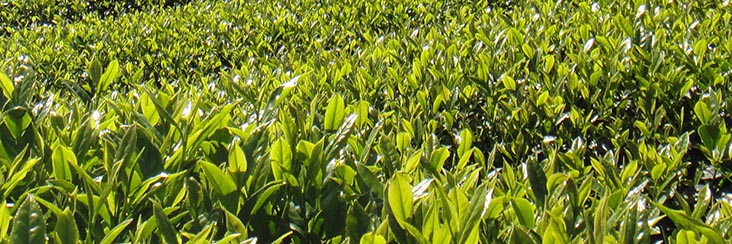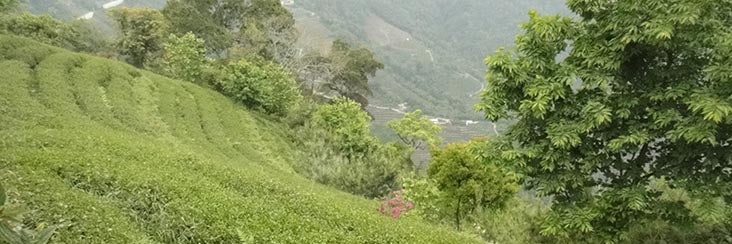News

Red Jade Black Tea Upgrade

Spring Tea Harvest On Lin's Organic Farm

The Stories Behind Some Of Our Favorite Oolongs

Eco-Cha's Top 5 Teas of 2014
A great year for tea, 2014 was filled with fantastic oolong and inspiring tea farmers. From the smooth and floral tea grown on Li Shan Mountain to rich and roasted Traditional Dong Ding Oolong from Phoenix Valley - here are our favorite, responsibly produced oolong teas from 2014.
A great year for tea, 2014 was filled with fantastic oolong and inspiring tea farmers. From the smooth and floral tea grown on Li Shan Mountain to rich and roasted Traditional Dong Ding Oolong from Phoenix Valley - here are our favorite, responsibly produced oolong teas from 2014.

Tea Story #4: Organic High Mountain Oolong, Spring 2013
When Andy, Eco-Cha's tea sourcer, first visited this farm three years ago, it was like a dream come true.
He had just recently become specifically committed to exploring and supporting sustainable practice in the tea industry in Taiwan, and this farm exceeded his expectations. As he was given an extensive tour of the tea plantation by its owner who developed it on his own, he literally had to hold back his emotions so as not to alarm his host.

